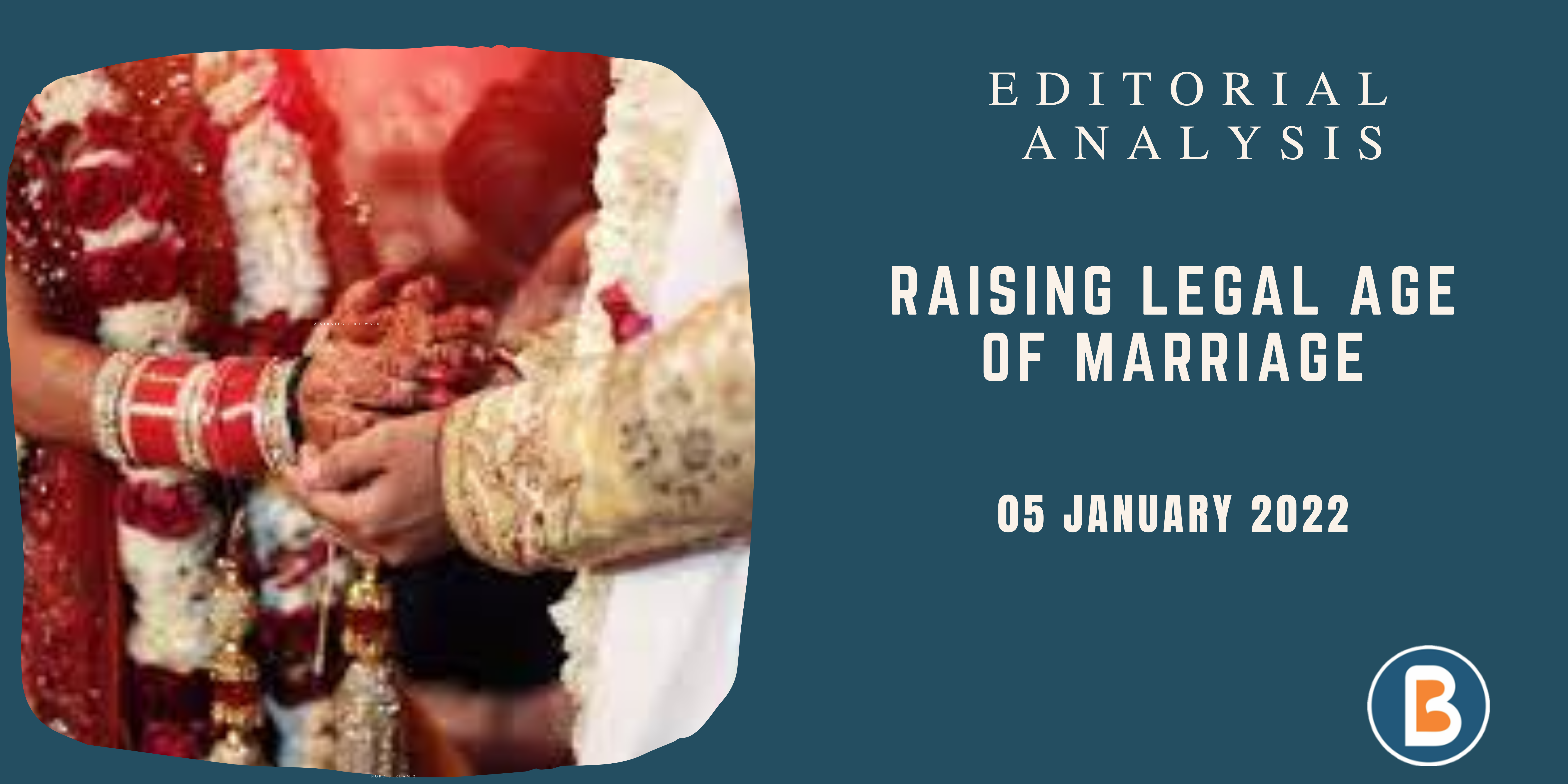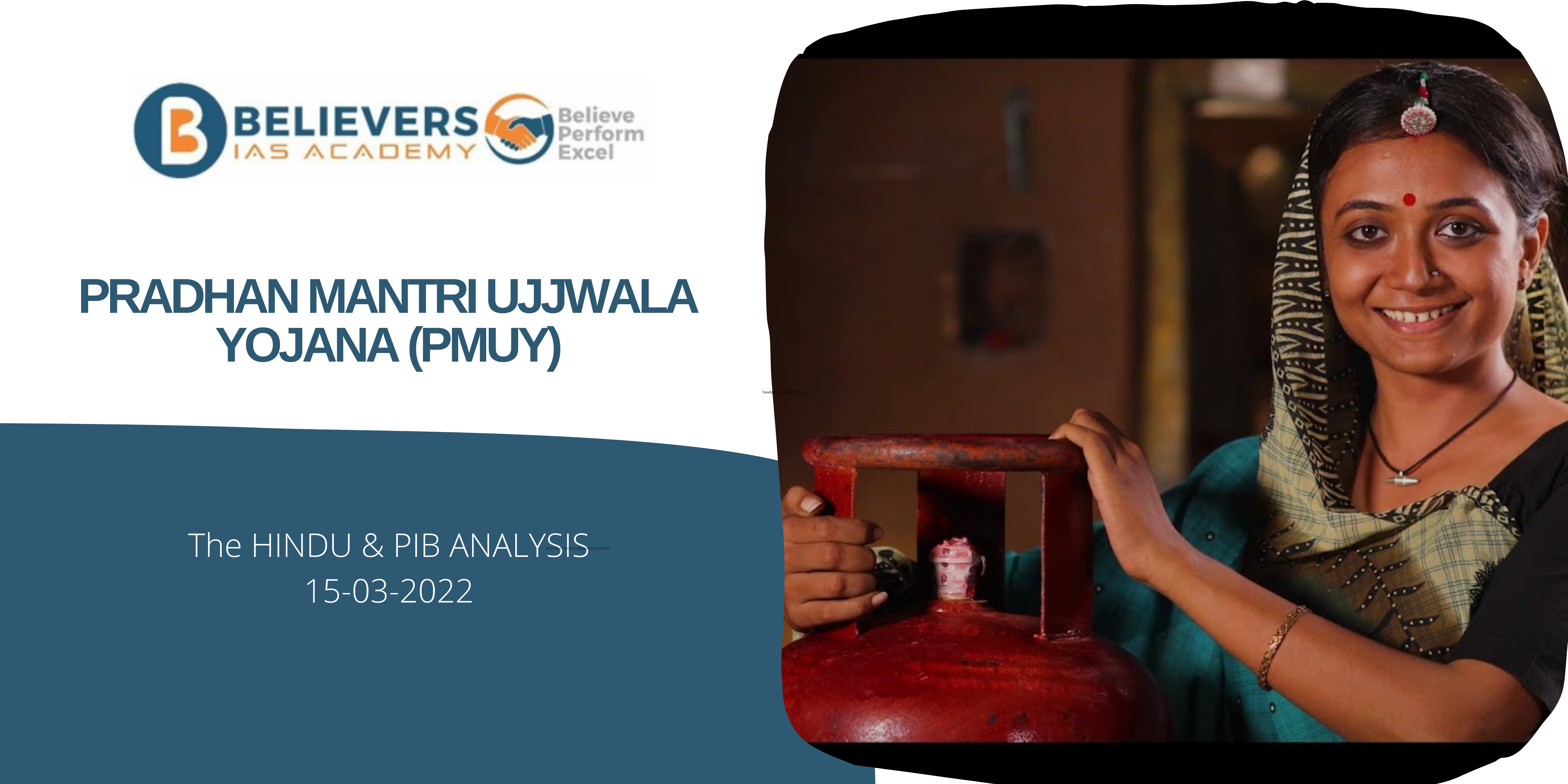- Posted on
- Editorials
Context:
- Women’s legal marriage age will be raised from 18 to 21 years old, according to the Cabinet. This judgment was made following the advice of a panel led by Jaya Jaitly.
About the Working Group:
- Last year, Finance Minister Nirmala Sitharaman recommended a panel on the “age of a girl entering motherhood” to reduce maternal mortality rates and increase nutrition levels in her Budget speech.
- However, when the task force was formed, one of its goals was to look into “the association of age of marriage and motherhood” with the health and nutritional status of mothers and infants.
Important points to consider:
- The marriage age should be raised to 21 years.
- The government should look at expanding girls’ access to schools and universities, as well as their transportation to these institutions from remote locations.
- Skills and business training, as well as sex education in schools, have also been proposed.
- These deliveries must come first, because the law will not be as effective unless they are executed and women are empowered.
The proposal’s rationale is as follows:
- The committee stated that the advice is based on women’s empowerment and gender parity rather than population control (India’s overall fertility rate is already decreasing).
- According to the committee, for the law to be effective, access to education and livelihood must be improved at the same time.
Criticism:
- Women’s rights activists have spoken out against the proposal, citing evidence that such a move may be used to imprison young adults who married without their parents’ permission.
- This approach would also result in the criminalization of a substantial number of marriages that will occur once the law takes effect.
So, what does the current law say:
- Currently, the legislation stipulates that men and women must be 21 and 18 years old, respectively, to marry.
- The age of majority, which is gender-neutral, is not the same as the age of marriage.
- According to the Indian Majority Act of 1875, an individual reaches majority at the age of eighteen.
- The Hindu Marriage Act of 1955, Section 5(iii), stipulates that the bride must be 18 years old and the husband must be 21 years old. Child marriages are not illegal, but they can be declared void if the minor in the marriage requests it.
- Under Islamic personal law, the marriage of a minor who has reached puberty is deemed legal.
- The Special Marriage Act of 1954 and the Prohibition of Child Marriage Act of 2006 both provide that women and men must be 18 and 21 years old, respectively, to consent to marriage.
What is the reason for the re-examination of the law:
- There are numerous arguments in favor of raising the minimum age of marriage for women, ranging from gender-neutrality to reducing the hazards of early pregnancy among women.
- Early pregnancy is linked to higher child death rates and has a negative impact on the mother’s health.
- Child marriages are very common in the country, despite legislation requiring a minimum age and criminalizing sexual contact with a minor.
- A study found that children born to adolescent women (10-19 years) were 5 percentage points more likely than those born to young adults to be stunted (short for their age) (20-24 years).



